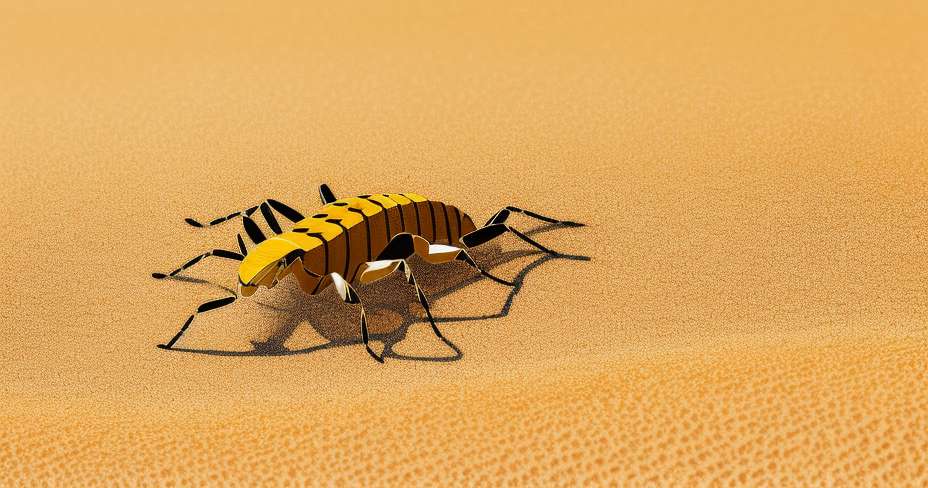Action # 1 Take a risk together
April 2024

The venom of certain scorpions can help treat diseases such as malaria and pest control. Researchers of the UNAM they study the benefits of the poison of these feared insects.
Mexico harbors a great biodiversity of scorpions. In the country there are more than 220 species, of which only six are dangerous for humans.
Among them, the Centruroides noxius, of Nayarit (the most dangerous of all); the Centruroides limpidus limpidus, native of Morelos, and Centruroides suffusus suffusus, From durango. Its bite is so toxic that it can cause the death of the victim due to pulmonary edema or cardiorespiratory arrest.
In the country, more than 280 thousand people are stung by scorpions annually, according to data from the Health Secretary . Not all people go to the doctor, because not all insects inject lethal poison, explained Lourival Domingos Possani, researcher at the Institute of Biotechnology of the UNAM .
In the deadly poison, he explained, two proteins or toxins are present that act on certain receptors of human cells: the sodium channels, so called because they allow the entry and exit of sodium ions; and the potassium channels. This causes the nerves and muscles to be disrupted, to the point that the respiratory system and the heart stop working.
However, the poison of more than 200 species only paralyzes and injures larvae, insects and other bugs. This property can be used for medical purposes.
Dr. Possani and his colleagues found that the scorpion protein prevents the development of the parasite Plasmodium berghei, cause of murine malaria, which is used as a model for the study of malaria in humans.
"We are aware of the bactericidal action of some peptides, such as rockfish; we tested its reaction in parasites and observed that it was acting against Plasmodium berghei. Now we try to understand how they interact with each other. "
Apparently, the effect is related to the ion channels of the parasite. But you need to recognize precisely the mechanism of action of the protein to be used in the control of malaria, said the specialist.
"There is increasing evidence of the pharmacological potential of scorpion venom. It has even been said that it serves to fight cancer, but this I doubt until the results of serious studies are obtained, which indicate the presence of a peptide capable of recognizing the cancer cell and that has been isolated in a laboratory. ", Emphasized the UNAM researcher.
However, he acknowledged that what is proven is the insecticidal effect of certain components of the poison.
We found a peptide that is toxic to some insects; So, if we could add this molecule to plants, for example, corn, it could help us fight pests that damage production, he concluded.
Follow us on@GetQoralHealth , GetQoralHealth on Facebook,Pinterest and inYoutube
Would you like to receive more information about your interest?Sign up with us.